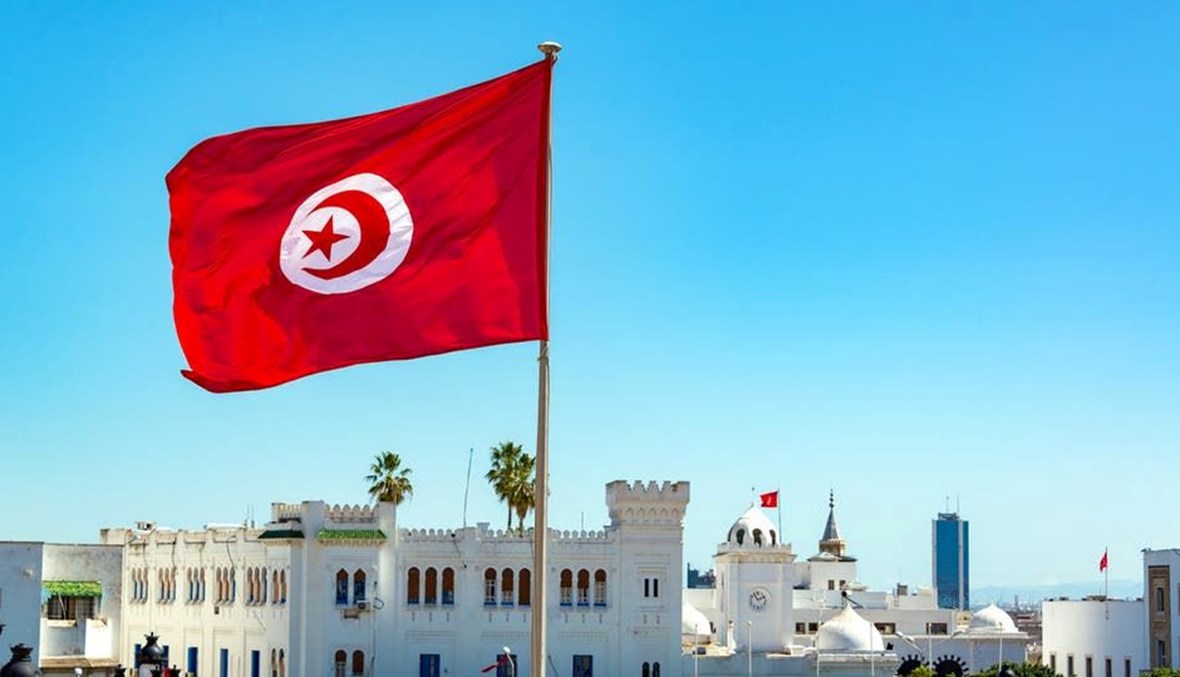Tunisia’s negotiations with the International Monetary Fund to obtain an exceptional loan of $4 billion have been ongoing since early May.
Technical negotiations between Tunisia and IMF are scheduled to start this week. The exceptional loan is the highest that Tunisia wants to borrow since independence.
Tunisia is committed, in return for the approval of international donors, to economic reforms that experts describe as painful and fearful for citizens. Part of the reforms are related to lifting subsidies on basic materials, including foodstuffs, and reducing the wage bill by 15%.
Tunisia’s exceptional loan
In order to save the Tunisian economy, which has been experiencing accumulated difficulties over the past decade, negotiations begin.
Observers of the Tunisian economic affairs believe that the conditions that Tunisia will respond to in order to obtain the fund’s loan will have direct repercussions on the consumption capacity of citizens, in light of a financial deficit of 5.11% by the end of 2020, according to the Tunisian Institute of Statistics.
In a leaked document, the government of Hisham El-Mechishi expressed its willingness to lift government subsidies on fuel and gasoline, reduce the wage bill, lay off thousands of employees from the public sector, and privatize a number of state institutions.
The document also stated that the government will work to eliminate subsidies for basic materials within the next four years, in return for providing compensation to vulnerable social groups, without specifying the value of these compensation.
Repairs are required
Tunisia had recently headed to Washington, represented by a delegation headed by Minister of Finance and Economy Ali Al-Kali and the Governor of the Central Bank to present the document of reforms that the government intends to implement from this year 2021.
According to private sources, the delegation pledged to IMF experts to freeze the increase in wages during 2021 and reduce its percentage from 17.4% of GDP in 2020 to 15% in 2022.
Tunisia is also engaged in these negotiations in light of a stifling financial crisis that Prime Minister Hicham El-Mechichi described as a “critical public financial situation” that calls for urgent reforms to reduce the wage mass and avoid the dire consequences of the high public debt.
Tunisia recorded a deficit of 11.5% at the end of 2020 and a negative growth rate of the economy in the range of 8.8% due to the repercussions of the Corona crisis.
The Tunisian delegation headed by Minister of Finance and Economy Ali Al-Kali and Central Bank Governor Marwan Al-Abbasi, during their visit to Washington, presented to experts and officials of the International Monetary Fund the document of reforms that the government intends to implement.
Among the most prominent of its pledges is to freeze the increase in wages during 2021 and reduce its percentage from 17.4% of GDP in 2020 to 15% in 2022.
Keep reading: Expatriates’ Remittances Boost Tunisia’s Foreign Exchange























































